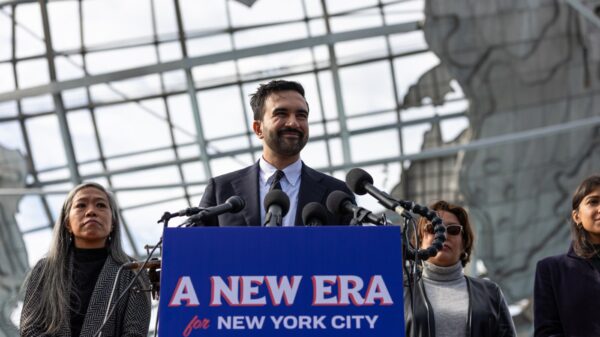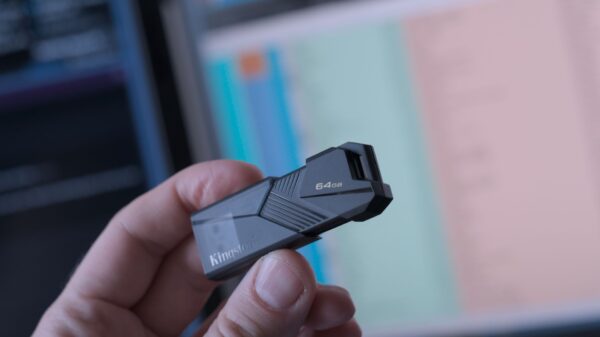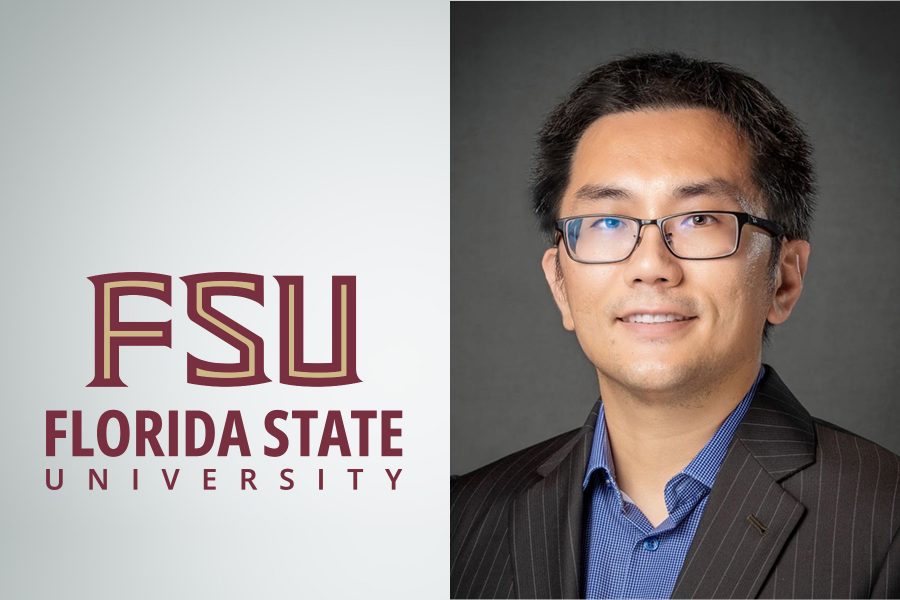Professor Zhe He from the Florida State University School of Information has received significant recognition for his contributions to health informatics. He has been elected as a Fellow of the International Academy of Health Sciences Informatics (IAHSI) and awarded a research grant of $280,000 from the National a2 Pilot Awards Competition, which is funded by the National Institute on Aging (NIA).
Michelle Kazmer, Dean of the College of Communication and Information, praised He for his dedication and impact on health informatics. “Dr. Zhe He has been an extraordinary colleague from the moment he joined the FSU faculty,” Kazmer stated. “He is an excellent teacher and mentor, a committed member of the university community, and has conducted transformational research in the area of health informatics.”
The IAHSI honors global leaders who enhance healthcare through research, education, and innovation. This year, the academy welcomed 18 new Fellows worldwide, including 11 from North America. He expressed his gratitude for the recognition, saying, “Being elected as a Fellow of the IAHSI is an incredible honor and a deeply humbling experience. It represents international recognition of the work I’ve done over the past 17 years to advance biomedical and health informatics.”
He’s research focuses on the convergence of biomedical and health informatics, artificial intelligence, and big data analytics. In addition to his role as a professor, He serves as the director of the FSU Institute for Successful Longevity, the director of the UF-FSU CTSA Biostatistics, Informatics, and Research Design Program, and the chair of the AMIA Knowledge Discovery and Data Mining Working Group.
His connection with the IAHSI stems from his involvement with the International Medical Informatics Association (IMIA), which established the IAHSI in 2017. Throughout the years, He has presented research, organized panels, and collaborated internationally at IMIA conferences.
As a Fellow, He aims to further the academy’s mission by enhancing global cooperation on critical issues, such as climate change, aging, and the ethical use of artificial intelligence in healthcare. He looks forward to collaborating with international peers on leadership practices and sharing knowledge to support low-resource communities.
In addition to his fellowship, He has secured a one-year $280,000 research grant from the National a2 Pilot Awards Competition. This funding will support his project entitled “Developing a Multi-Agent AI System for Explaining Lab Results to Older Adults,” part of his broader initiative, LabGenie.
“This recognition underscores the importance of addressing the unique challenges older adults and their caregivers face in interpreting lab test results,” He emphasized. His work with the NIA began with research on health and aging, collaborating with experts from various fields, including clinicians, behavioral scientists, and computer scientists. He has previously received two other NIA grants for projects focused on optimizing clinical trials and developing personalized AI tools.
He envisions LabGenie evolving to include features such as symptom tracking, contextual insight generation, patient portal integration, and shared decision-making support. The goal is to provide older patients and their caregivers with comprehensive and accessible lab results.
“My hope is that LabGenie becomes a model for how AI can enhance patient engagement for those with varying health literacy levels and improve outcomes, especially for older adults with multiple chronic conditions,” He stated.
For further details about the programs at Florida State University’s College of Communication and Information, visit cci.fsu.edu.








































































